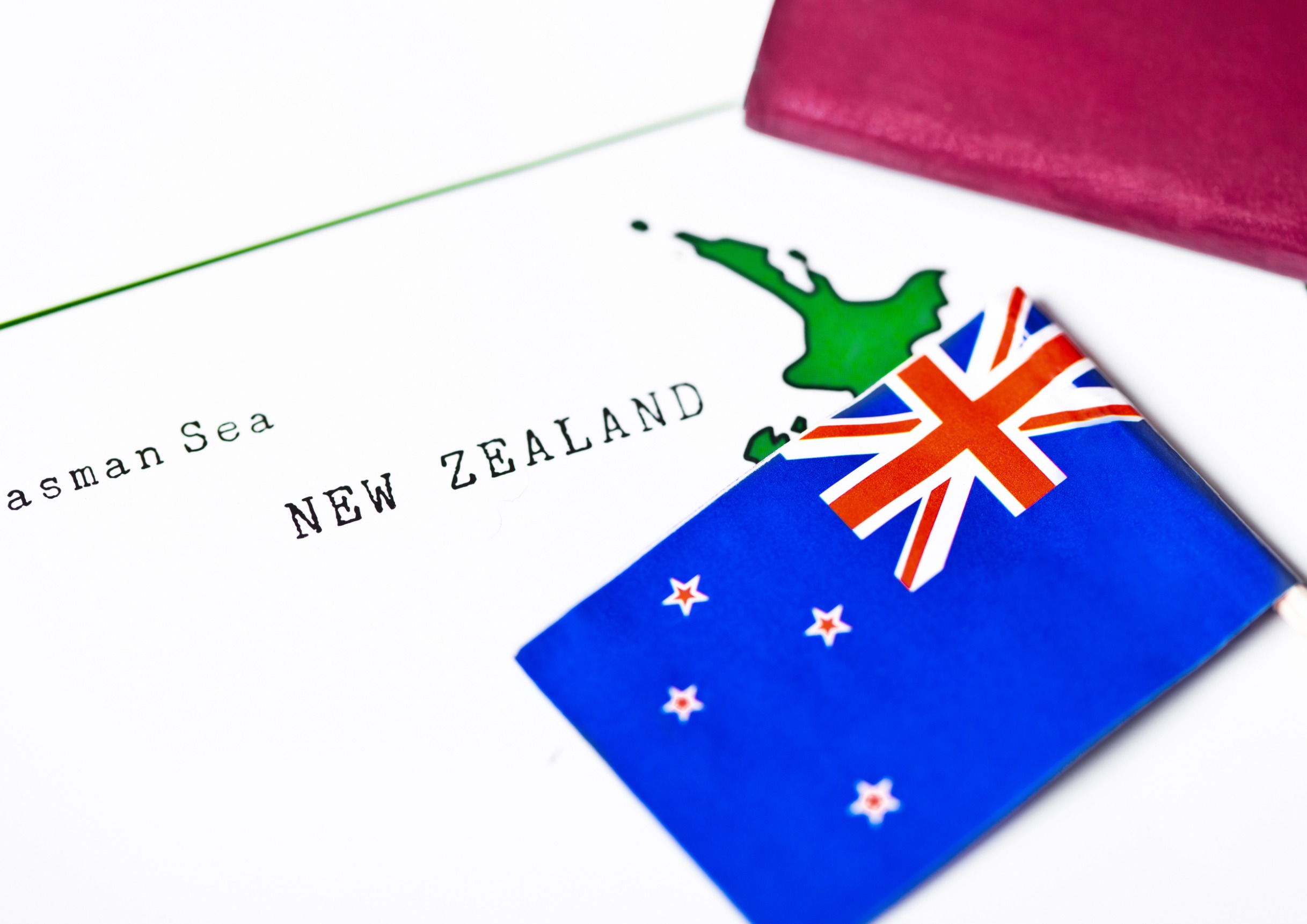
In an ever-evolving world, countries constantly revise their immigration policies to better align with societal norms and objectives. New Zealand, known for its picturesque landscapes and welcoming society, is no exception.
Recently, the country announced plans to modify its visa requirements for overseas parents and reconsider the inclusion of culturally arranged marriages as a basis for partnership visas. This article delves into the nuances of these changes, exploring their implications and the reasons behind them.
New Zealand's approach to family reunification visas has always been a balancing act, aiming to unite families while ensuring that the immigration process is used as intended. The proposed changes signal a significant shift in how the country manages this balance, particularly concerning visas for overseas parents.
Additionally, reconsidering culturally arranged marriages in the partnership visa category reflects a broader assessment of how cultural practices intersect with immigration laws. This move has sparked a conversation about inclusivity, tradition, and the adaptation of legal frameworks to changing social landscapes.
The changes to New Zealand's visa policies highlight respecting cultural practices while maintaining robust immigration control. This adjustment is expected to impact families looking to reunite in New Zealand, as well as those whose marital arrangements are deeply rooted in cultural traditions.
Critics and supporters alike view these changes through various lenses. Some see it as a necessary step towards modernising immigration policies and making them more equitable. Others worry about the potential loss of cultural sensitivity and the challenges that may arise for those who rely on traditional practices for family formation and reunification.
With the policy changes underway, applicants must stay informed about the new requirements and how they may affect the visa application process. Understanding the nuances of these changes is crucial for a smooth application experience.
Prospective applicants are encouraged to seek guidance from immigration experts or official New Zealand immigration resources. These professionals can provide up-to-date information and support throughout the application process.
New Zealand's proposed visa policy changes reflect an ongoing commitment to adapting its immigration system to reflect societal values and needs. While these adjustments may present challenges for some, they also offer an opportunity for the country to refine its approach to immigration and family reunification. As these changes are implemented, it will be important to monitor their impact on individuals and communities, ensuring that the goals of inclusivity and fairness are met.
What are the main changes to New Zealand's visa policies for overseas parents?
The main changes involve revising the visa requirements for overseas parents, focusing on better aligning with current immigration objectives and societal values.
How will the policy on culturally arranged marriages affect partnership visas?
The reconsideration of culturally arranged marriages in the partnership visa category aims to assess the intersection of cultural practices and immigration laws, potentially affecting those relying on such arrangements for family reunification.
Who will be affected by these changes?
Families looking to reunite in New Zealand and individuals in culturally arranged marriages seeking partnership visas will be most impacted.
Where can applicants find more information and assistance?
Official New Zealand immigration websites and accredited immigration advisors are the best up-to-date information and guidance sources.
What is the rationale behind these policy changes?
The changes aim to modernise New Zealand's immigration policies, ensuring they are equitable, respect cultural practices, and maintain effective immigration control.
Your email address will not be published. Required fields are marked *